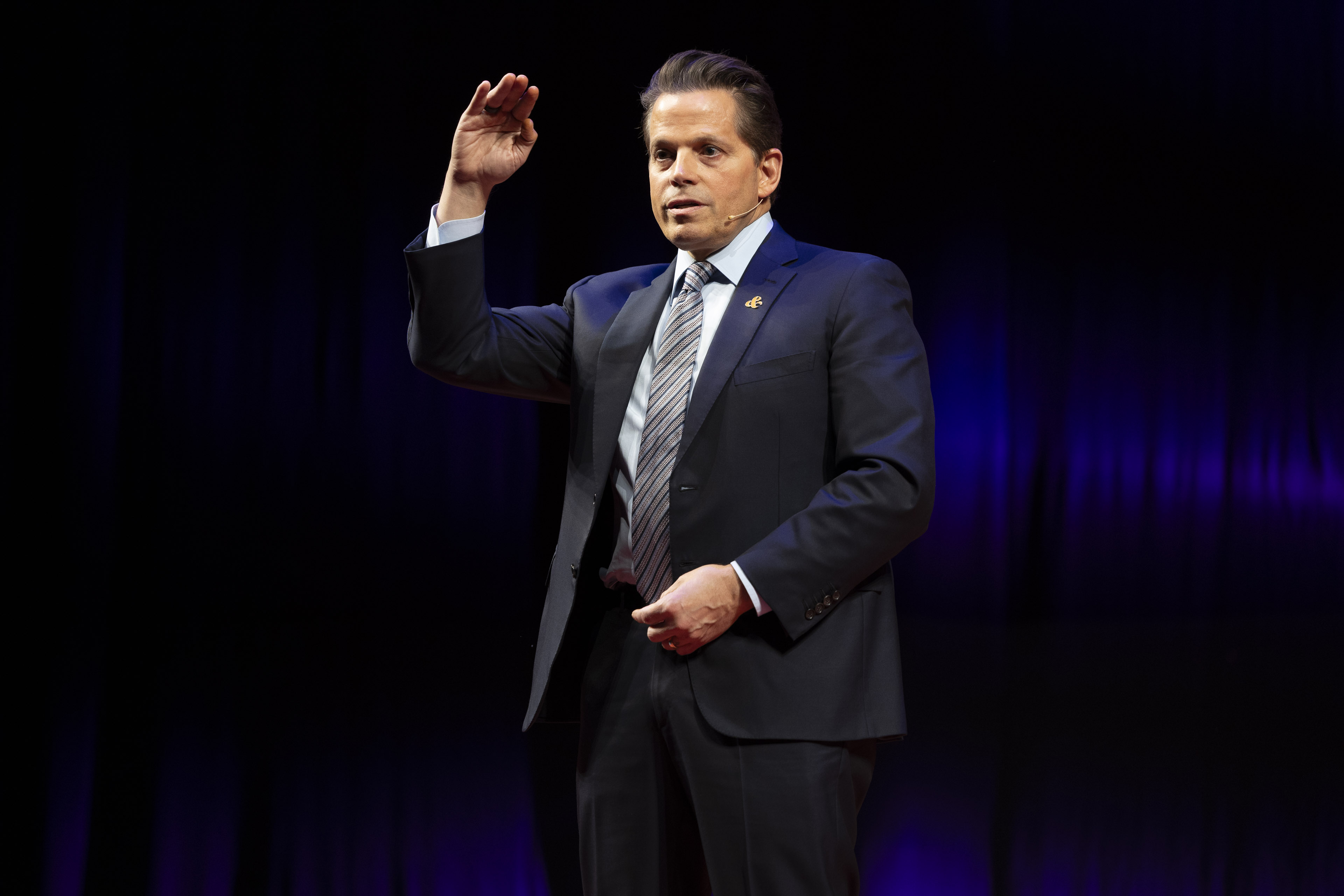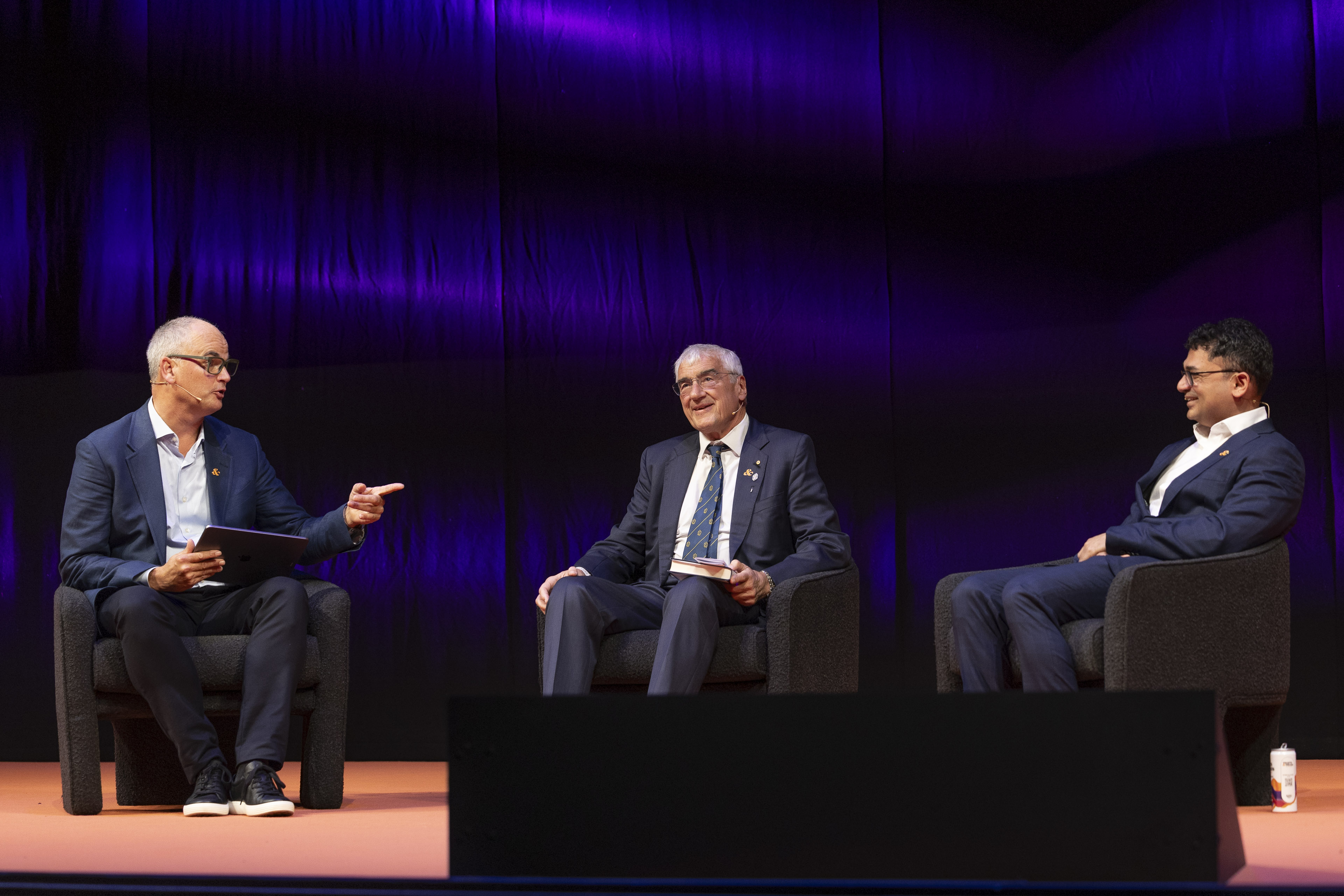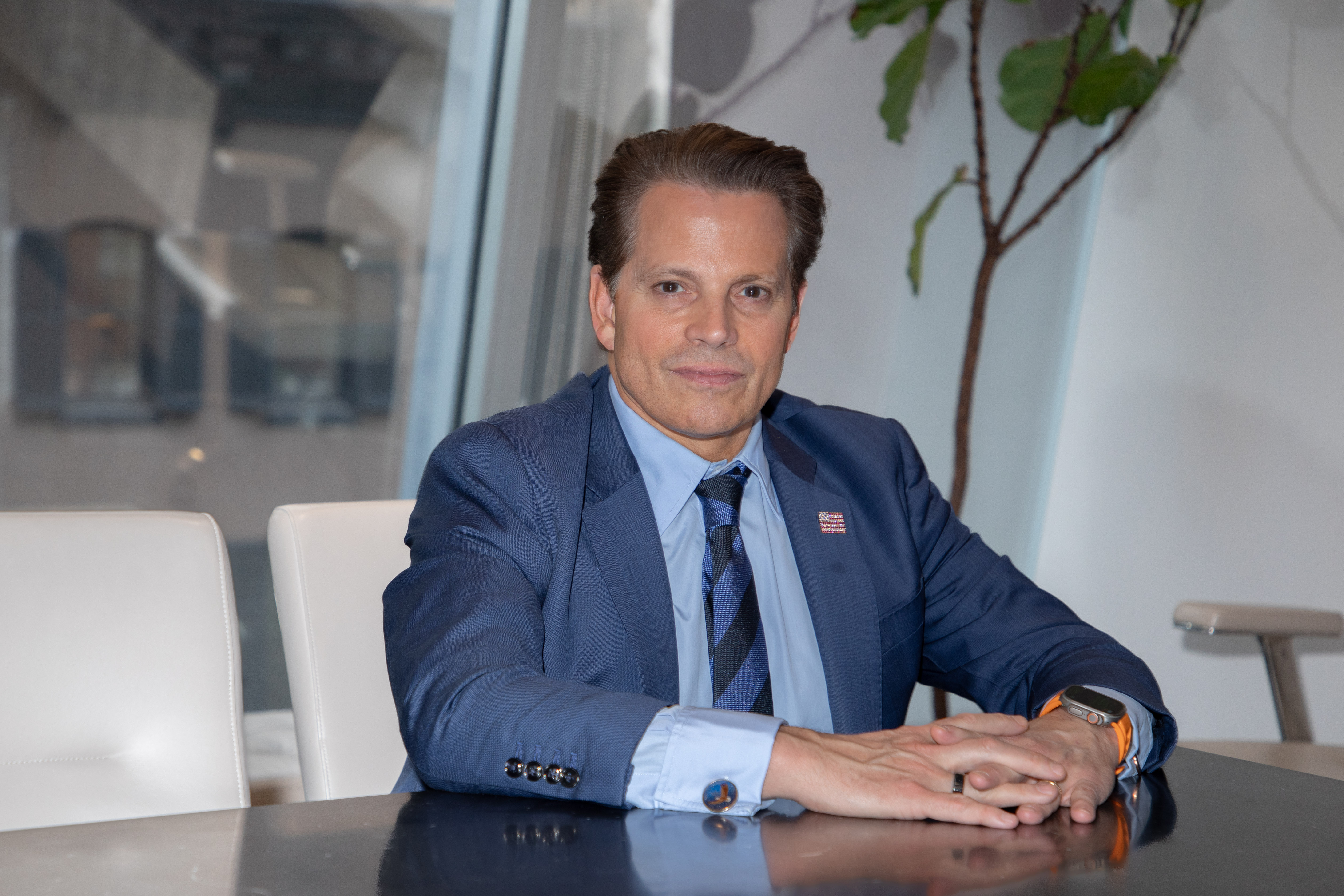
Most investors obsess over Nvidia and the Magnificent Seven these days. Vihari Ross held less than half of them and thrashed the market anyway.
Her Antipodes global fund returned more than 20 per cent in the year to September 30 versus about 10 per cent for the benchmark without owning Nvidia, Meta, Tesla, Apple or Broadcom.
The secret? Looking everywhere else while investors pile into an ever-shrinking group of US tech giants. The former Magellan research boss reckons the game is about to change dramatically.
“The US market is really expensive compared to the rest of the world, but it’s also expensive compared to its own history,” she says. “The US is priced for everything to be completely fine. Perfection, really.”
Ross will be back at the Sohn Hearts & Minds investment conference on November 14.
Her Sohn 2024 stock pick, Airbus, is up about 60 per cent since then and she expects it to keep rallying.
The European aerospace giant benefited from the market broadening beyond US tech, plus strong results from it ramping up plane deliveries and a boost in defence spending.
“It turned out really well and there’s more to go in it. We still own it,” she says.
But her real focus is on what she calls the “gravity of fundamentals” that will eventually pull overvalued stocks back to earth. And right now, she reckons that gravity is about to kick in.
Take Nvidia. The chip designer just added $US1 trillion in market value in three months, fuelled by mammoth spending from tech giants like Amazon, which dropped $US120bn on capital expenditure in a recent quarter.
“One company’s capex is another company’s revenue,” Ross says.
“The nature of capex is it’s supposed to be investment driven. You spend, then you monetise, then you spend more. There could be a capex cycle here.”
Add in rising competition from AMD and the tech giants building their own chips, and Nvidia’s sky-high margins suddenly look vulnerable.
“With all these big technology cycles, the hardware layer ends up becoming commoditised,” she warns. It’s not that these are bad companies. Ross draws a parallel with the tech bubble, when firms like Cisco and Intel were critical to building the internet but simply too expensive.
“They were good companies,” she says. “They just fell because they were expensive.”
Antipodes does own three of the Magnificent Seven tech stocks: Microsoft, Amazon and Alphabet. The latter was bought earlier this year when it traded at 15 times earnings, with investors fearing it would be an AI loser. It’s since rerated to 22 times as that view shifted.
“The market often makes these misjudgements about companies,” Ross says.
But she’s far more excited about what she calls AI “adopters” rather than builders.
“How you can utilise AI, the adopters of AI, is where the more interesting investment ideas lie. They’re the most mispriced because everyone’s already really exuberant about the AI building part.”
Just as Google, Meta and Amazon emerged a decade after the internet bubble to monetise technology, today’s winners might be firms using AI to improve their core businesses.
That search for value has taken Ross well beyond the US.
She’s hunting in the less-glamorous parts of the AI supply chain, owning Japanese firms, Taiwan’s TSMC, and Keysight Technologies, which does systems testing.
“There’s actually much more to an AI supply chain than just the Nvidias of the world,” she says. “Everyone is so hellbent on focusing on this one stock. But there’s a whole industry that sits behind it.”
The fund also holds about 10 per cent in Chinese equities, though Ross took profits after the market rallied hard in February. She sees the Chinese market, trading at 12 times earnings, as the mirror image of America.
“Chinese consumers have $US6.5 trillion sitting in savings. That could be a coiled spring if it starts to be spent when consumer confidence is restored. Everything’s priced for it to be rubbish, but there’s opportunity.”
By contrast, expensive US consumer stocks like Costco, Chipotle and Nike are trading at multiples above 20 times with little growth.
“You can get Alphabet for 22 times. It’s just a really bad deal in that quality consumer side.”
Ross manages risk actively through Antipodes’ long-short fund, which means she can control its net exposure to the market.
The team cut exposure sharply before February’s wobble, then ramped back up in April.
Looking ahead, she sees a familiar pattern emerging.
“You get markets concentrated, you get market peaks, you get overvaluation,” she tells The Australian. “It happens at least once a decade. But it always unwinds in the same way: expensive stocks fall and cheap stocks catch up.”
Her key message for investors? “It’s never been a better time to have differentiated return sources.” Or as Charlie Munger put it: the market’s a weighing machine in the long term, even if it’s a voting machine in the short term.
Ross is keeping her Sohn stock pick under wraps for now, except to say that it’s a smaller, overlooked company outside the US that’s “fallen between the cracks”. It won’t be anywhere near the Magnificent Seven.
Sohn Hearts & Minds returns to the Sydney Opera House this year to feature stock picks from leading investment experts across the globe. All profits go to medical research.
The event has raised $83m over the past decade.
This article was originally posted by The Australian here.
Licensed by Copyright Agency. You must not copy this work without permission.


“The Mooch”, as he’s affectionately known, is a man in high demand. He’s flown into Sydney to headline the Sohn Hearts & Minds conference at the Opera House, an investment community jamboree that raises money for charity. He landed in London the night before, and will leave Sydney the next day for the brutal 24-hour return to New York.


Australian investors should be more worried about China than sweating on Federal Reserve independence and other market obsessions to do with Donald Trump, says billionaire conservative Baron Michael Hintze.


Beyond Wall Street, The Mooch is better known for his cutting takes on US politics in the popular podcast The Rest is Politics: US, which he hosts with BBC’s long-term North American correspondent Katty Kay.